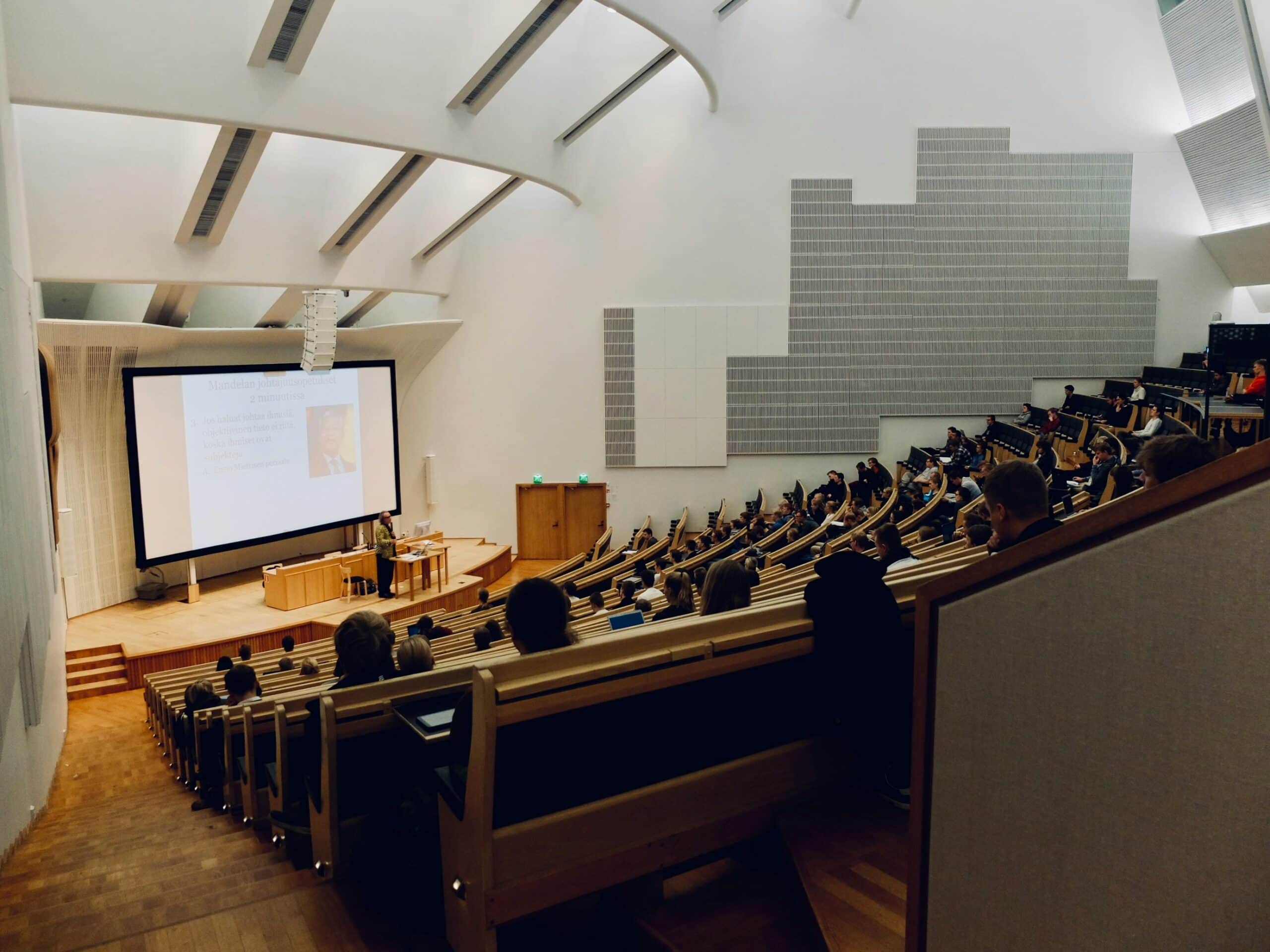
Science and Media
Opportunities to Share Research with the Broader Public
Section 02
Survey Overview and Demographics
General Overview
Geographic Coverage: United States
Expertise:
- 29% Biology
- 14% Civil and Environmental Engineering
- 9% Geography
- 48% Public Health
Response Overview
Sample Size: 3302
Valid Responses: 508
Response Rate: 15.5
Date initial findings posted: 04.15.21
Most recent update: 04.15.21
Days survey in field: 28
Average response time: 13
Survey Demographics
Respondent Demographics:
- 40% Female
- 60% Male
- 100% Academic
- 0% Industry
Language(s): English
Section Overview
This survey, conducted by SciOPS in partnership with AAAS SciLine, is on scientists’ perspectives on science communication and media engagement. This survey aims to understand scientists’ experiences with and opinions about interacting with the news media. The survey covers scientists’ past interview experiences, the benefits, and risks of interacting with media, as well as their perspectives about media communications at their universities. This page displays results from half of the survey, you can view the rest of the survey results here.
Question
In your opinion, how useful/attractive do you think the following options are for providing information about your research to the broader public (N=469)

Finding
For scientists, the three most useful sources for providing information about their research to the broader public are through:
- Newspaper, radio, or television newscasts (60%)
- University websites and social media (46%)
- College or department websites and social media (41%)
Less than one-quarter of the scientists find information from online newsletters sent to listservs (23%) and online platforms such as “The Conversation” (21%) useful for providing information to the broader public.
Question
About how frequently do you post about your research online (e.g. social media, blogs, linked in posts)? (N=484)

Finding
35% of scientists post online about their research more than once per week, while another 35% only post online one time a year about their research.
One in ten (10%) of the scientists never post online about their research.
Question
Have you ever received a follow-up from a newspaper, radio or television station related to something you posted on social media or your personal website about your research (N=484)
Most scientists have never received a follow-up from a newspaper, radio, or television station related to topics that they posted online to their social media pages or personal website (72%)
Question
Do you follow social media accounts of other scientists? (N = 489)
Finding
Slightly more than half of the respondents (51%) follow social media accounts of other scientists.
A gender level analysis shows that female respondents tend to follow other scientists’ social media accounts (57%) more than male respondents (47%).
Question
Where do you get your science related news? (N = 490)

Finding
Two-thirds of the scientists (66%) get information from national newspapers, and over one-half (60%) get information from the news section of scientific journals.
Around 21% of scientists get information from local radio and TV news.
Question
How effectively does media coverage of science represent the diversity of the scientific community in terms of the following? (N = 479)

Finding
The majority of scientists agree that media coverage of science does not effectively represent the diversity of the scientific community.
Among various aspects of diversity in the science community, gender diversity is the topic that most scientists responded is most effectively covered by media is (18%).
Question
How effectively does media coverage of science represent the diversity of the scientific community in terms of the following? (N = 479) (Differences between genders)

Finding
More men (27%) believe that gender diversity topics are extremely effectively or very effectively covered by media as compared to women (12%)
More men (12%) than women (2%) report that racial diversity is effectively covered by media.
Question
In the past month, have you read, heard or watched a general media report that covers scientific topics in your field? (N = 485)
Finding
In the past month, 86% of respondents have read, heard, or watched a general media report that covers scientific topics in their field.
As compared to biologists (79%), civil engineers (85%), and geographers (87.5%), public health scholars (89%) reported encountering general media reports relate to their field most often.
Question
Thinking about this most recent media report, please evaluate how accurately the information was reported based on the following questions. (N = 408)

Finding
The majority of the scientists responded that the information reported was only somewhat complete (51%). However, the majority also responded that the information was extremely or very up-to-date (72%), clear (58%), and objective (53%).

